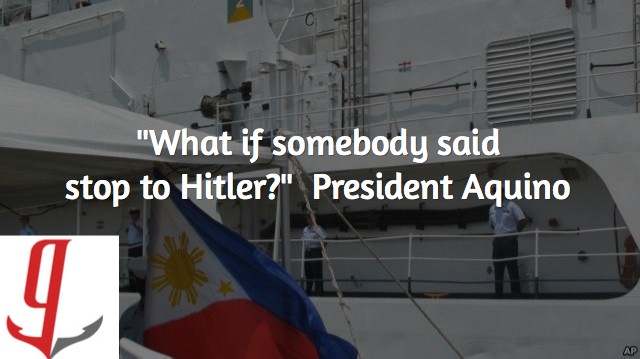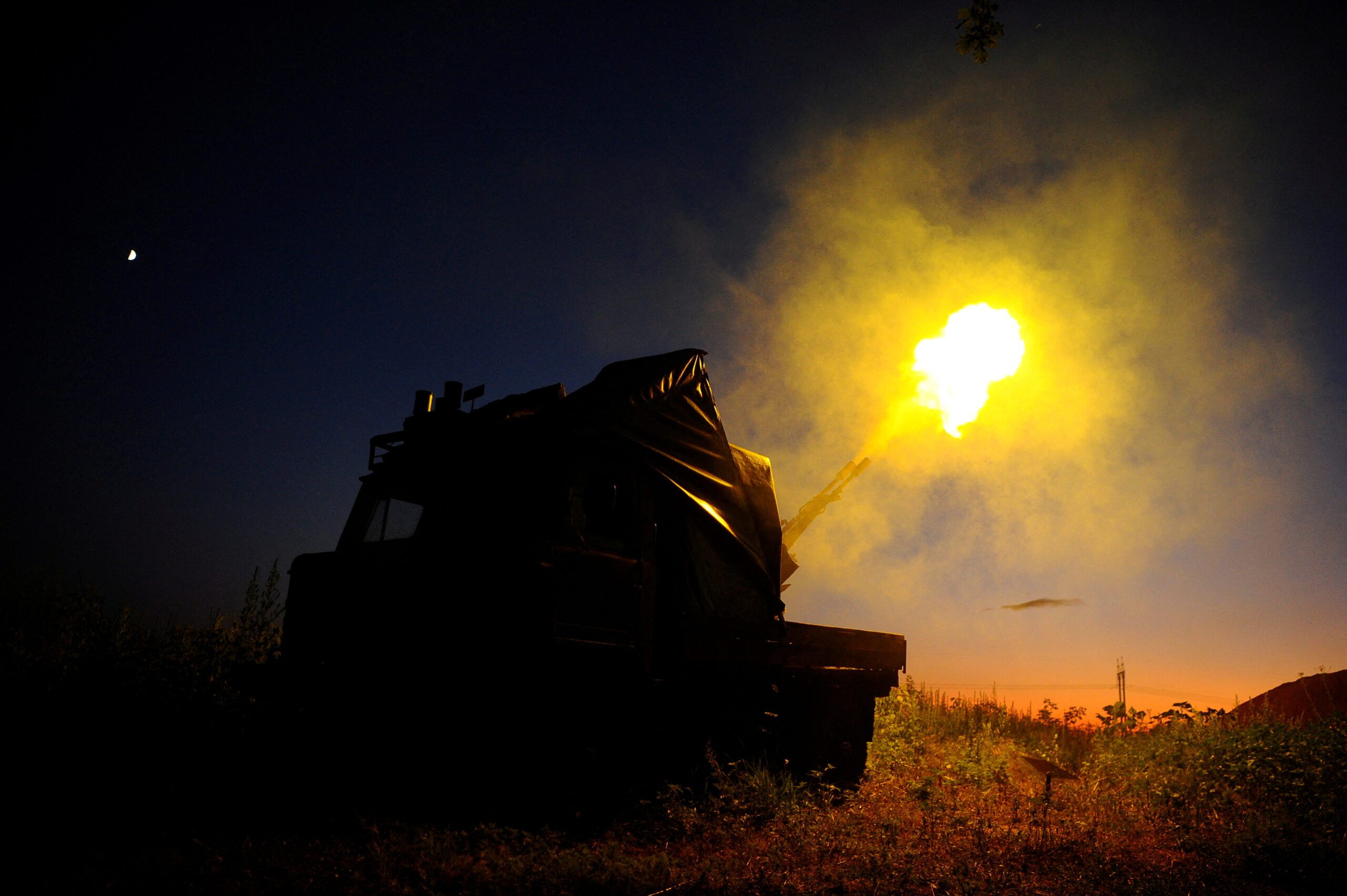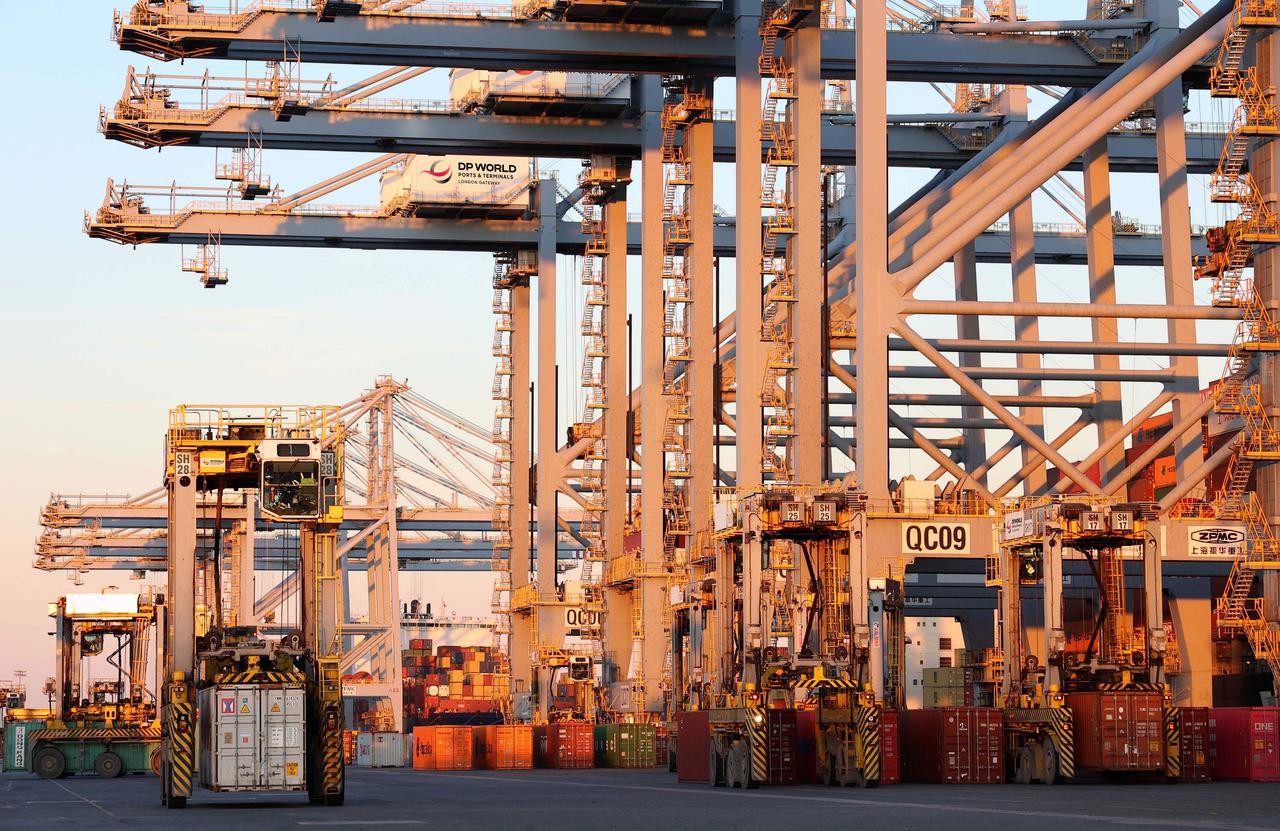(Bloomberg) Philippine President Benigno Aquino said the situation in Asia reminds him of the international community’s failure to contain Nazi Germany before World War II, a comparison China rejected as “absurd and unreasonable.”
Aquino made the remarks on a state visit to Japan aimed at bolstering security ties between the countries to counter an increasingly assertive China, which has been building new islands in the South China Sea in waters also claimed by the Philippines. 
 Aquino said the U.S.’s military presence is the best hope for checking China’s ambitions and that the situation made him recall Nazi Germany’s occupation of its neighbors.
Aquino said the U.S.’s military presence is the best hope for checking China’s ambitions and that the situation made him recall Nazi Germany’s occupation of its neighbors.
“They tested the waters and they were ready to back down if for instance France said stop. But unfortunately nobody said stop,” Aquino said, referring to documentaries he saw of the period. “The commentators of these documentaries were saying: what if somebody said stop to Hitler at that time or Germany at that time. Could we have avoided World War II?”
Aquino has been rallying Asian countries to more aggressively respond to China’s efforts to enforce its claims to 80 percent of the South China Sea. China has created more than 2,000 acres of land in waters claimed by Vietnam, Brunei, Taiwan and Malaysia, in addition to the Philippines, and is building an airstrip capable of handling its largest military aircraft.
China Reaction
“China expresses its strong dissatisfaction and firm opposition on the absurd and unreasonable speech the Philippine leader made,” Foreign Ministry spokeswoman Hua Chunying said in a regular briefing Wednesday in Beijing. “I again seriously urge some people in the Philippines to let go of the fantasy and back to the right track.”
Hua also highlighted the historical conflicts between the two countries ever since 1970s and said China is determined to defend its sovereignty and interests on the sea.
Aquino also addressed the Japanese parliament Wednesday, where he received a standing ovation and warned that the dispute cannot be settled through military force.
“For both our nations, we know that harmony is a collective achievement and not one that can be dictated through coercion,” he told the legislature. “We steadfastly uphold that military might can never be the arbiter for the resolution of disagreements.”
Abe Meeting
Aquino will meet Prime Minister Shinzo Abe on Thursday, who shares some of Aquino’s concerns about China’s assertiveness. Japan is engaged in its own territorial dispute with China in the East China Sea, where ships and planes from both countries regularly tail each other around a chain of islands claimed by both countries.
In his earlier speech, Aquino thanked Japan and the U.S. for expressions of concern about China’s land reclamation, saying their stance could potentially deter further such developments.
“If every country had chosen to remain silent perhaps that might have encouraged them to even accelerate their reclamation effort,” Aquino said.
Aquino said that U.S. bases in Okinawa played a necessary role in the region and he hoped the Philippines would be able to “pull our weight” toward enhancing security.
Japan sees the visit, in the year marking the 70th anniversary of the end of World War II, as symbolic of the friendship that has grown between the former enemies, according to documents provided by the Foreign Ministry. That relationship contrasts with the lingering animosity over 20th century history between Japan, China and South Korea.
Japan and the Philippines last month conducted their first bilateral naval drills, and Japan is providing 10 patrol vessels to the nation’s coast guard.
Philippine officials will sign a contract tomorrow with Japan Marine United for the construction of the vessels. The first of them will be delivered in 2016, according to an e-mail from the company.
©2015 Bloomberg News

 Join The Club
Join The Club












